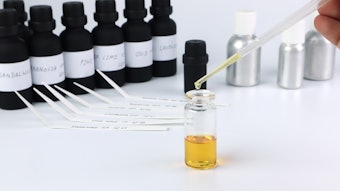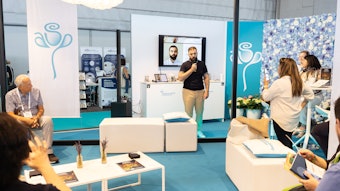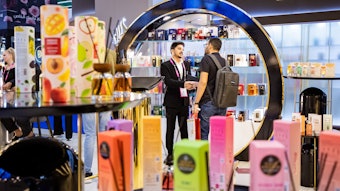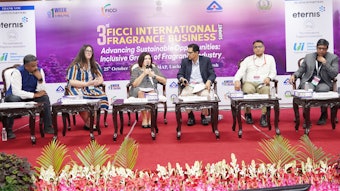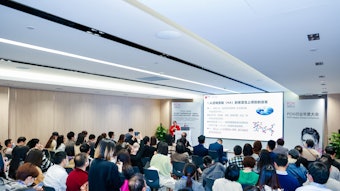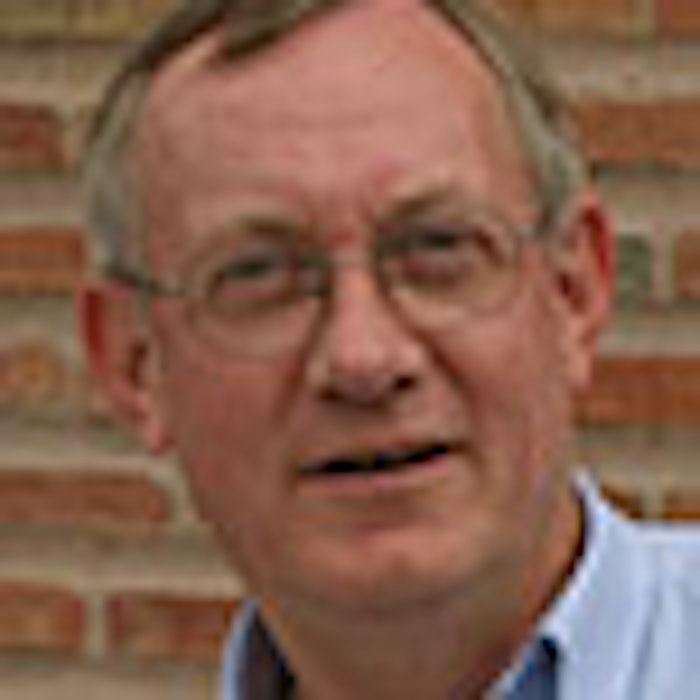
During the Research Institute for Fragrance Materials’ annual meeting, David Duncan (Unilever) presented a talk about the future challenges and consumer expectations facing the fragrance industry. The world is facing an historically significant financial crisis, he said. Meanwhile, global populations have swollen to ~6 billion, making issues of sustainability more critical than ever. Can the implications of these issues be reconciled?
Controlling Costs
Duncan noted that the financial crisis, coupled with an overarching desire to get the best value from “trusted and familiar brands,” has led some consumers to switch to lower-cost consumer products in some categories more than others. He noted that while this means companies such as Unilever will be looking to cut costs, “This must not be achieved by short-changing on quality, and that includes fragrance and flavor quality. That relationship of trust is more important than ever. And the fragrances in our products can help: to reassure and promote a sense of well-being in difficult times.”
Sustainability: Building Trust Through Innovation and Transparency
“This is not a time to let up on our commitments to sustainability,” Duncan added. While in the short term some consumers will balk at the premium demanded by green, organic, natural and sustainably positioned products, he said, “They will likely also be more discerning and less inclined to pay for what they perceive to be unnecessary ingredients. The more transparent we can be on this, the more we can build and keep trust and our reputation for delivering value.” And it is here that R&D takes its central role, finding new ways to deliver on green chemistry and fragrances that are simultaneously sustainable, effective and cost-efficient. This, said Duncan, would be a combined function of innovative technology, formulations and ingredients. Meanwhile, he added, sustainable fragranced products would serve to “proactively [disarm] any accusations that fragrance ingredients are just unnecessary chemicals.”
“Industry,” he concluded, “has a tremendous opportunity to build trust through innovation and transparency. We will not succeed without extensive collaboration—horizontally and vertically. Nobody is upstream or downstream on this: we are all on the front line.”
Emerging Environmental Issues
“All things are poison and not without poison; only the dose makes a thing not a poison.”
Keith Solomon (University of Guelph) presented Paracelsus’ oft-paraphrased sentiment during his presentation, which posed the question, “What does it mean when something new is found in the environment?” Questions arise, he noted, when that “something” is found in an unexpected organism or location. At the same time, new analytical techniques and equipment are able to detect ever more minute concentrations of material—we are seeing more than ever before. Solomon wondered, “Does this mean that it is a problem?”
Solomon’s in-depth talk covered issues regarding phthalates, DDT, pharmaceuticals and perfluorinated compounds and the concept of the precautionary principle. Regarding the latter, Solomon raised Paracelsus’ quote, noting that, for every chemical
- “there is a high dose that is acutely toxic or lethal,”
- “a lower dose that can have adverse, chronic effects on the health of the organism,”
- “a still lower dose that may be beneficial,”
- “a very low dose which will have no effect.”



